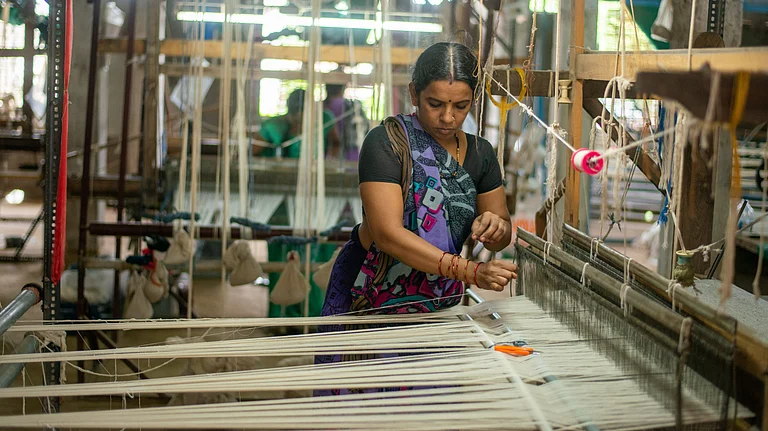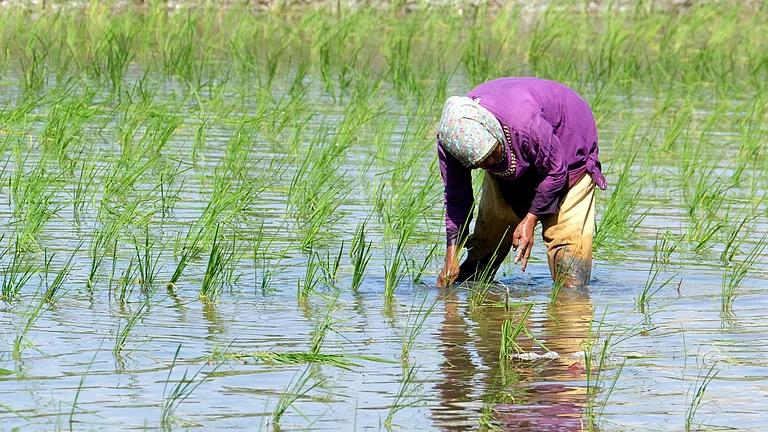The Union Cabinet on Thursday increased the budgetary outlay for the flagship scheme Pradhan Mantri Kisan Sampada Yojana (PMKSY) by ₹1,920 crore to ₹6,520 crore to boost the food processing sector.
The enhanced funds, to be provided this fiscal, will be utilised for 50 multi-product food irradiation units and 100 food testing labs.
The decision in this regard was taken in the meeting of the Union Cabinet chaired by Prime Minister Narendra Modi.
"The outlay of PMKSY has been increased to ₹6,520 crore," I&B Minister Ashwini Vaishnaw told reporters after cabinet decisions.
PMKSY, launched in 2017, was extended for one more year till the end of the current 2025-26 fiscal with an allocation of ₹4,600 crore.
On Thursday, the Cabinet decided to enhance the allocation by ₹1,920 crore to implement the 2024-25 budget announcement to set up 50 multi-product food irradiation units and 100 food testing labs.
Out of which, about ₹1000 crore will be used for setting up 50 multi-product food irradiation units under the component scheme ICCVAI (Integrated Cold Chain and Value Addition Infrastructure) and 100 labs under the component scheme FSQAI (Food Safety and Quality Assurance Infrastructure) of the PMKSY.
About ₹920 crore will be used for sanctioning projects under various component schemes of PMKSY during the 15th Finance Commission Cycle (2021-22 to 2025-26).
Both ICCVAI and FSQAI are demand-driven component schemes of PMKSY.
In a separate statement, the government said the Expression of Interests (EOIs) would be floated for inviting proposals from eligible entities across the country. The proposals received against the EOI would be approved after proper scrutiny as per the eligibility criteria under the extant scheme guidelines.
The implementation of the proposed 50 multi-product food irradiation units is expected to create a total preservation capacity, ranging from 20 to 30 lakh tonne per annum, based on the type of food products irradiated under these units.
The setting up of the proposed 100 NABL-accredited food testing laboratories under the private sector will lead to the development of advanced infrastructure for testing food samples, thereby ensuring compliance with food safety standards and the supply of safe food.
"Irradiation helps in minimising post-harvest losses, preventing sprouting, ripening, microbial contamination and extending the shelf life," the minister said.
Having more food testing labs reduces time for sample analysis, improves compliance with domestic and international standards and boosts exports, he added.
The export of processed food products has doubled to USD 11 billion from USD 5 billion. Share of processed food in agri-exports has increased to 24 per cent from 14%, he noted.
































